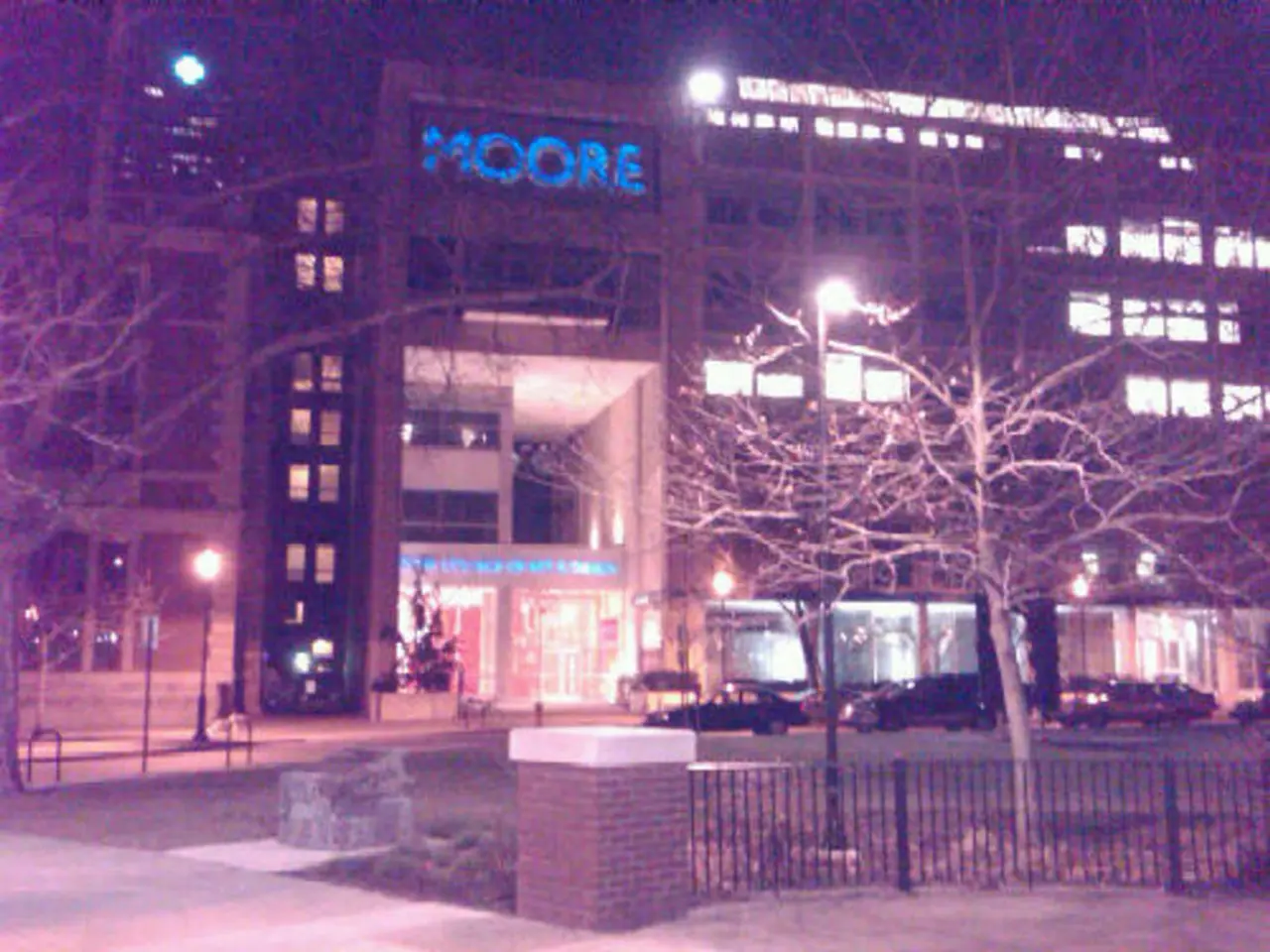Discussion: Pre-Hospital Emergency Care Careers
World Extreme Medicine Conference 2023 Spotlights Careers in Pre-Hospital Medicine
The World Extreme Medicine Conference 2023, currently underway, is hosting an interactive panel discussion focusing on careers in pre-hospital medicine. This session, originally presented at last year's conference, is designed to provide valuable insights for individuals considering a future in pre-hospital medicine, wilderness care, or humanitarian deployment.
The panel, consisting of military doctors, special rescue paramedics, and expedition medics, offers a unique opportunity to learn about these specialized, demanding roles with extensive training and unique operational environments.
Career Pathways
Military doctors, special rescue paramedics, and expedition medics are integral parts of the pre-hospital workforce.
Military doctors typically undergo medical school and subsequent military medical training to provide advanced medical care in combat or austere environments. They may specialize in trauma or emergency medicine, combining military service progression with medical specialization.
Special rescue paramedics, starting as licensed paramedics, complete accredited paramedic programs and obtain state licensure. They gain several years of hands-on EMS experience, especially in high-acuity trauma cases, before pursuing advanced certifications such as ACLS, PALS, PHTLS, and specialized critical care training programs like the Critical Care Emergency Medical Transport Program (CCEMTP). Eventually, they may obtain the Flight Paramedic Certification (FP-C) to work in aeromedical evacuation or specialized rescue teams.
Expedition medics often have backgrounds as paramedics, nurses, or doctors with advanced wilderness medicine training. They focus on providing emergency medical care in remote, challenging environments such as mountains or polar regions. Their pathways may include wilderness first aid, wilderness EMT, or other specialized certifications.
Training Options
Training for these roles is comprehensive and rigorous. Military doctors complete medical school, military medical training, and possibly additional trauma or combat casualty care courses.
Special rescue paramedics complete paramedic certification programs accredited by state or national bodies, gain 3–5 years of critical care experience, obtain advanced certifications including ACLS, PALS, PHTLS, and complete specialized critical care transport training. They may also take the FP-C exam for flight paramedics.
Expedition medics undertake specific wilderness medicine courses, alongside general emergency medical training, and additional certifications in rescue techniques, survival skills, and environmental hazard management may be required.
Work-Life Balance Considerations
These pre-hospital roles are highly demanding and often unpredictable due to the nature of emergency response in challenging conditions. Military doctors and special rescue paramedics may face extended deployments, irregular hours, and high-stress environments, which can affect personal time and family life. Expedition medics might spend prolonged periods in remote locations, leading to separation from family and limited access to routine amenities.
Despite these challenges, many professionals value the high-impact nature and unique rewards of their roles. Structured leave policies in military settings and rotating shifts in rescue services can help maintain some balance.
The World Extreme Medicine Conference 2023 continues to provide valuable insights into the world of pre-hospital medicine, with this interactive panel discussion being just one of the many informative sessions available. For those considering a career in this field, the conference offers an excellent opportunity to learn, network, and gain a better understanding of the various career pathways, training options, and work-life balance considerations.
- The World Extreme Medicine Conference 2023 is educating individuals about careers in pre-hospital medicine, wilderness care, and humanitarian deployment.
- Military doctors, special rescue paramedics, and expedition medics comprise integral parts of the pre-hospital workforce, each requiring extensive training.
- Pursuing a career as a special rescue paramedic involves completing paramedic certification programs, gaining critical care experience, and obtaining advanced certifications such as ACLS, PALS, PHTLS, and undergoing specialized training in critical care transport.
- Expedition medics, often adventurers with medical backgrounds, acquire specialized certifications in wilderness medicine, rescue techniques, survival skills, and environmental hazard management.
- Despite challenging work-life balances, many pre-hospital roles like military doctors and rescue paramedics offer unique rewards and opportunities, such as structured leave policies in military settings and rotating shifts in rescue services.




